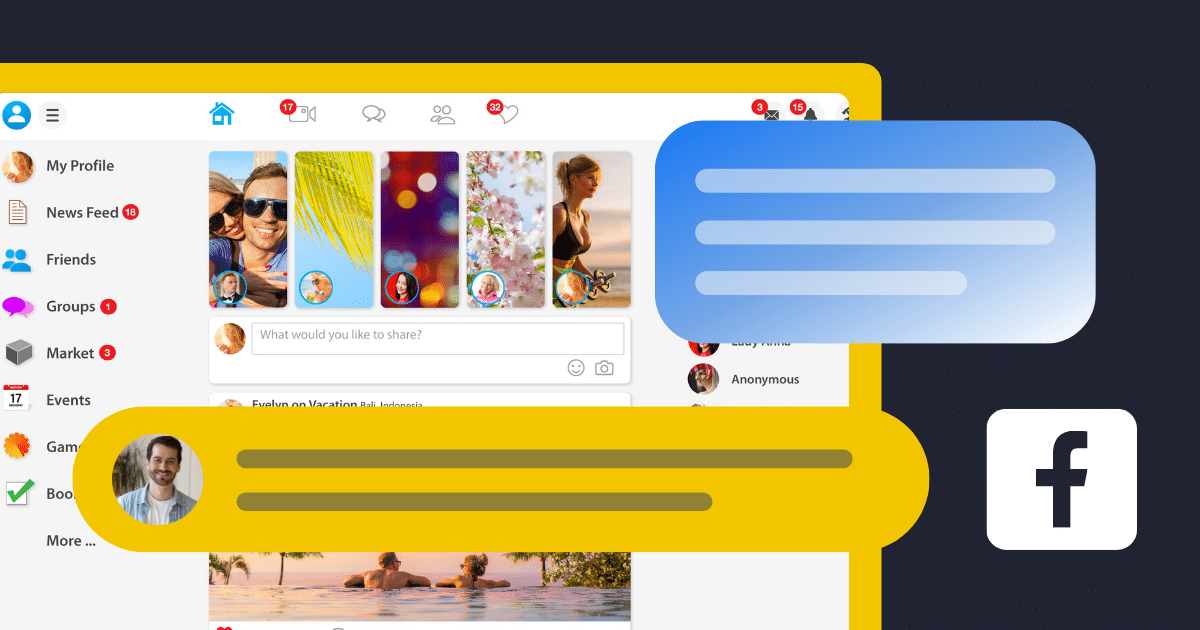A new song that sounds like it was released by Justin Bieber, with lyrics mentioning being at a “Diddy party,” has gone viral on social media, sparking questions about its authenticity.
It first appeared on social media platforms like TikTok, X and YouTube in April but racked up even more views since the arrest of embattled rapper Sean “Diddy” Combs.
The lyrics include, “Lost myself at a Diddy party/Didn’t know that’s how it’d go/I was in it for a new Ferrari/But it cost me way more than my soul.”
Another line mentions, “Signed a paper so he never has to ever say sorry.”
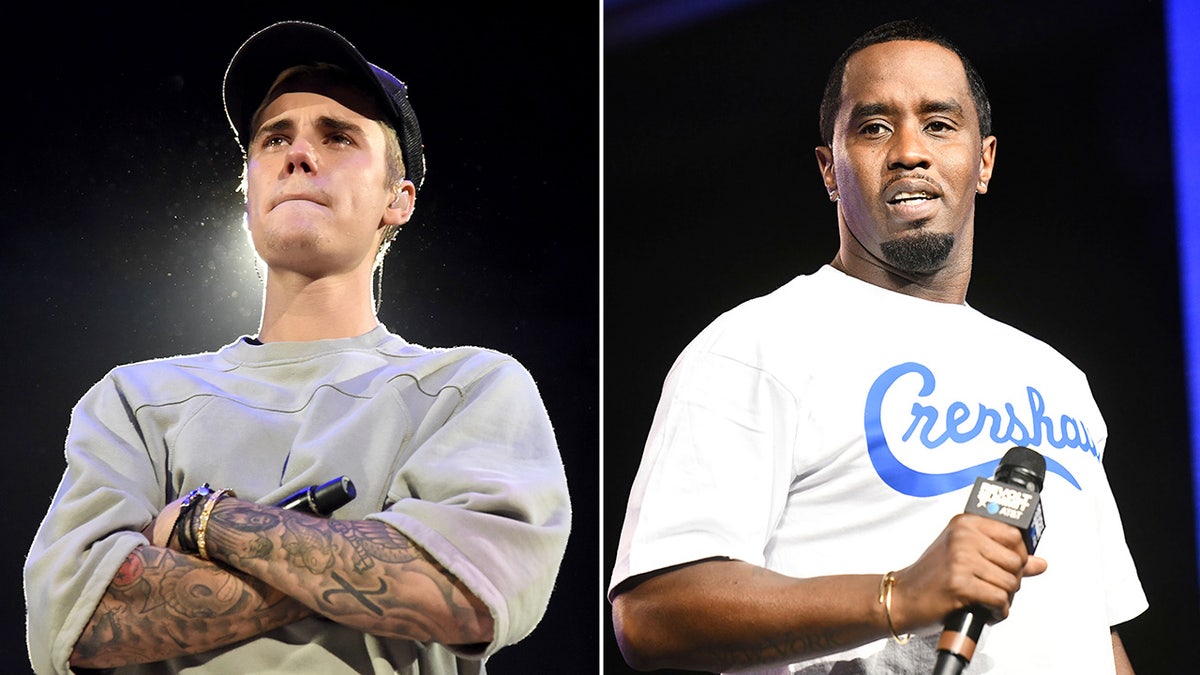
A new song that sounds like it was released by Justin Bieber contains lyrics like “Lost myself at a Diddy party/Didn’t know that’s how it’d go/I was in it for a new Ferrari/But it cost me way more than my soul.” (Getty images)
DIDDY TELLS JUSTIN BIEBER NOT TO TALK ABOUT ‘THINGS HE DOES WITH BIG BROTHER PUFF’ IN RESURFACED CLIP
Representatives for Bieber did not respond to a request for comment about the song, but several experts agree the tune is more than likely created with AI or other digital tools.
AI expert Marva Bailer told Fox News Digital, “The reason why this is generated is because it is not something that’s being publicized by the artist. And when we say ‘AI-generated,’ that can mean a lot of things. And so AI actually trains on the voice and what could be going on. It could be an AI tool, or it could be an actual digital tool. These digital music tools exist. What makes it really getting this attention is the idea of AI because it’s happening so quickly and it looks so real, and so everyone is like, it must be someone that’s using something from AI to make it look this real.”
WATCH: AI EXPERT EXPLAINS WHY JUSTIN BIEBER WOULDN’T ADDRESS RUMORED FAKE SONG ABOUT DIDDY
She continued, “Part of the experience of releasing new material is the pre- and post-part of the experience and that digital engagement. So right away we know that this is not real if the artist is not excited about it and hasn’t told us about it. We like surprises, and you see a lot of gamification to find out what’s in the vault, and what’s the new song going to be, and what’s the hidden track. We haven’t seen this with this scenario, and that’s why the fans are saying this is not my Justin Bieber.”
“It’s very difficult to tell, but I think the fact that it seemed very on point and topical, it almost felt too coincidental that it would show up,” said Rob Rosenberg, founder and principal of Telluride Legal Strategies.
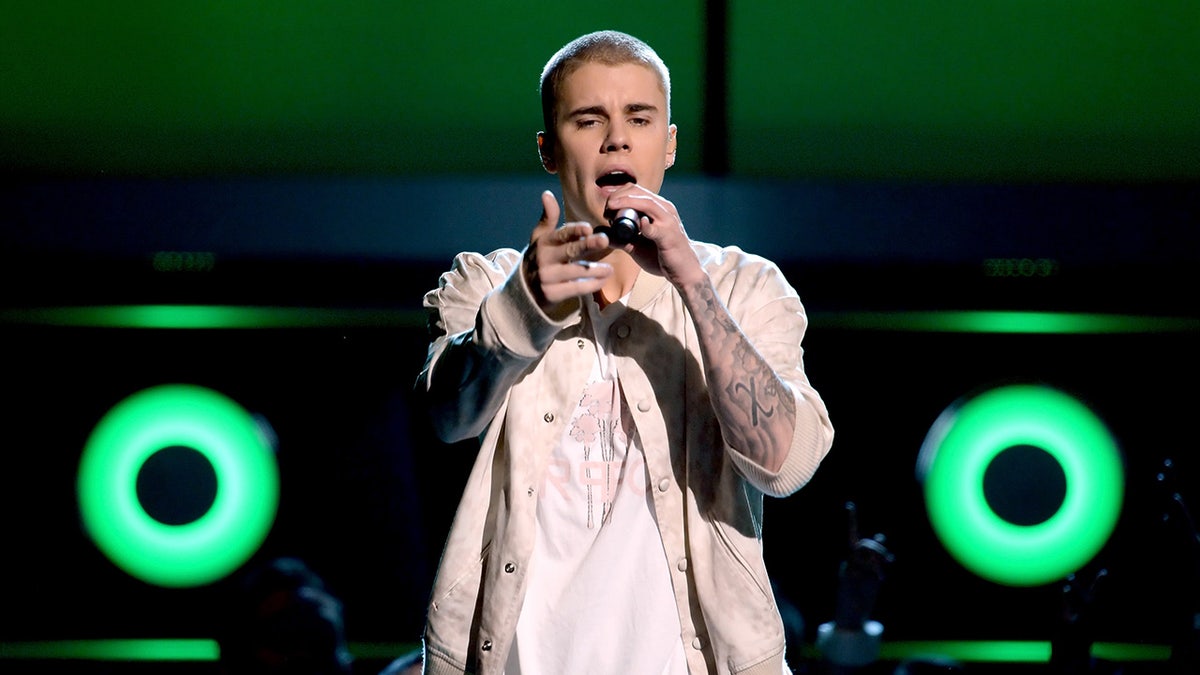
Exeprts say the song is more than likely AI for a variety of reasons, including Bieber’s lack of promotion of it. (Kevin Winter/Getty Images)
WHAT IS ARTIFICIAL INTELLIGENCE (AI)?
CBS reported that they ran the song “through multiple AI audio detection tools; several results indicated the audio, or at least parts of it, were likely AI-generated.”
On a technical level, experts at Pindrop, a voice authentication and security company that has been heavily involved in the banking industry since 2011 but recently expanded its technology into detecting AI-generated deepfakes, told Fox News Digital there are certain tells that mark the song as AI-generated.
“The reason why this is generated is because it is not something that’s being publicized by the artist.”
“When we speak, our speech is in a specific frequency range. And what we’ve noticed is that these AI generation systems, they sound really good, but they actually don’t match the way we speak to the exact frequencies like a normal human being. And so we’re able to detect these sort of like frequency variability in AI-generated speaking,” said Sarosh Shahbuddin, senior director of product at Pindrop.
Elie Khoury, Ph.D. and VP of research, further explained there are three main categories of these artifacts, including acoustic, phonetic and temporal inconsistency, and the “digital fingerprint” of the model that generated the AI.
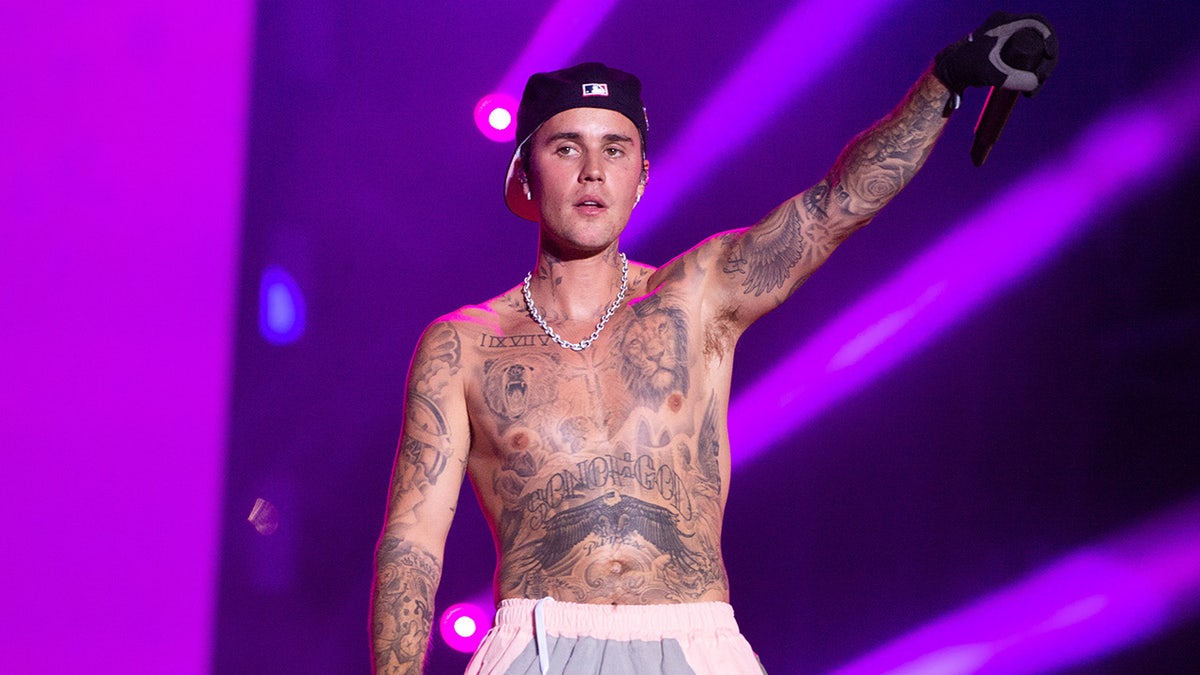
Experts at Pindrop, a voice authentication and security company, said there are what’s known as “digital artifacts” on the Bieber song that suggest it’s not authentic. (Joseph Okpako/WireImage)
CLICK HERE TO SIGN UP FOR THE ENTERTAINMENT NEWSLETTER
Shahbuddin also pointed out that their own technology is often coupled with independent fact-checking to determine if an image or piece of audio is made with AI.
Pindrop has more recently entered the social media space with the Pindrop Pulse tool, and Shahbuddin and Khoury said they’re seeing a “massive uptick” in people checking for deepfakes, with 10,000 “suspicious files” a month entered on their site.
WATCH: LEGAL EXPERT EXPLAINS WHY PEOPLE NEED TO BE WARY OF DEEPFAKES AS DIDDY TRIAL GEARS UP
They noted that “the distribution of the media files that we labeled as synthetic versus not synthetic, it’s quite large, and it is alarming” thanks in part to the open-source tools available to the public to create deepfakes.
“There’s very little that can be done to stop the use of those models. It’s crazy,” Shahbuddin said.
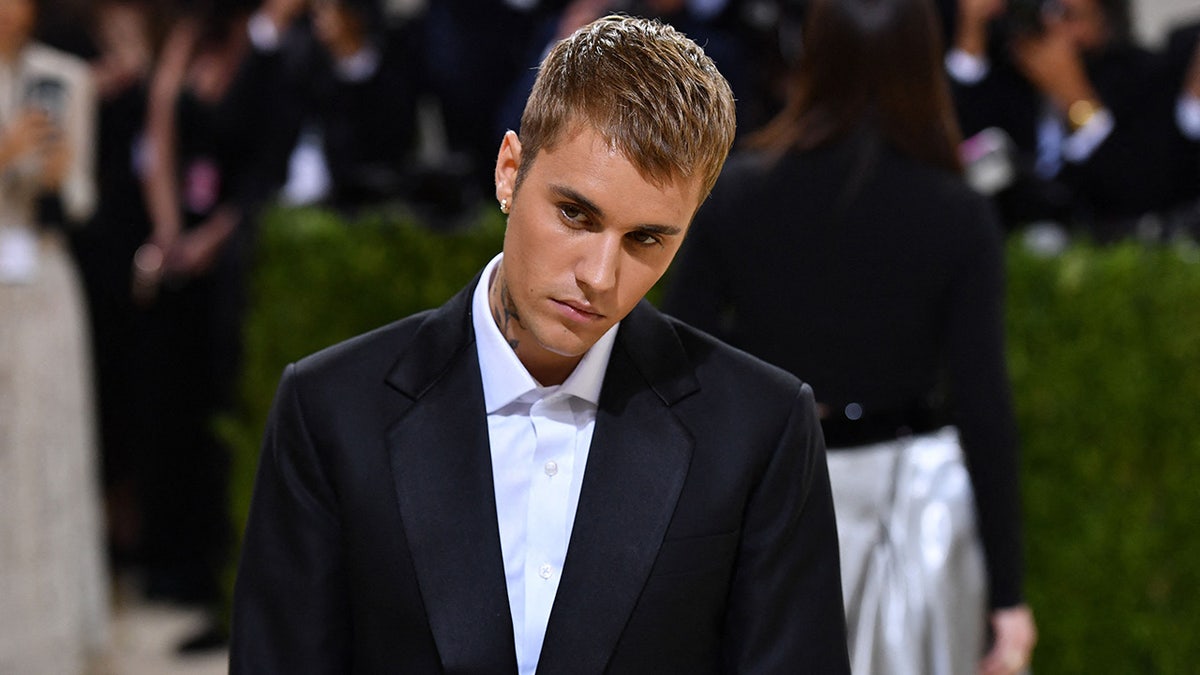
The experts at Pindrop said they are seeing a “massive uptick” in people checking for deepfakes. (ANGELA WEISS/AFP via Getty Images)
LAWYER FOR ‘DIDDY’ ACCUSER HAS ‘NO DOUBT’ CELEBRITY FRIENDS ARE ‘SCRUBBING’ SOCIAL MEDIA AFTER INDICTMENT
Apart from the question of the content featured in the song, there’s also the financial implications of ongoing deepfakes for Bieber and other artists.
“The [point] of TikTok is, you make your fun little creations, and you put cartoons and talking heads and fun new creations, and people are using this as the background music for these new creations. And so it keeps going on and on and on. And normally, if that was a licensed song, every time one of those creations would play, you would get royalties. And then this whole world, nobody’s getting any royalties,” Bailer said.
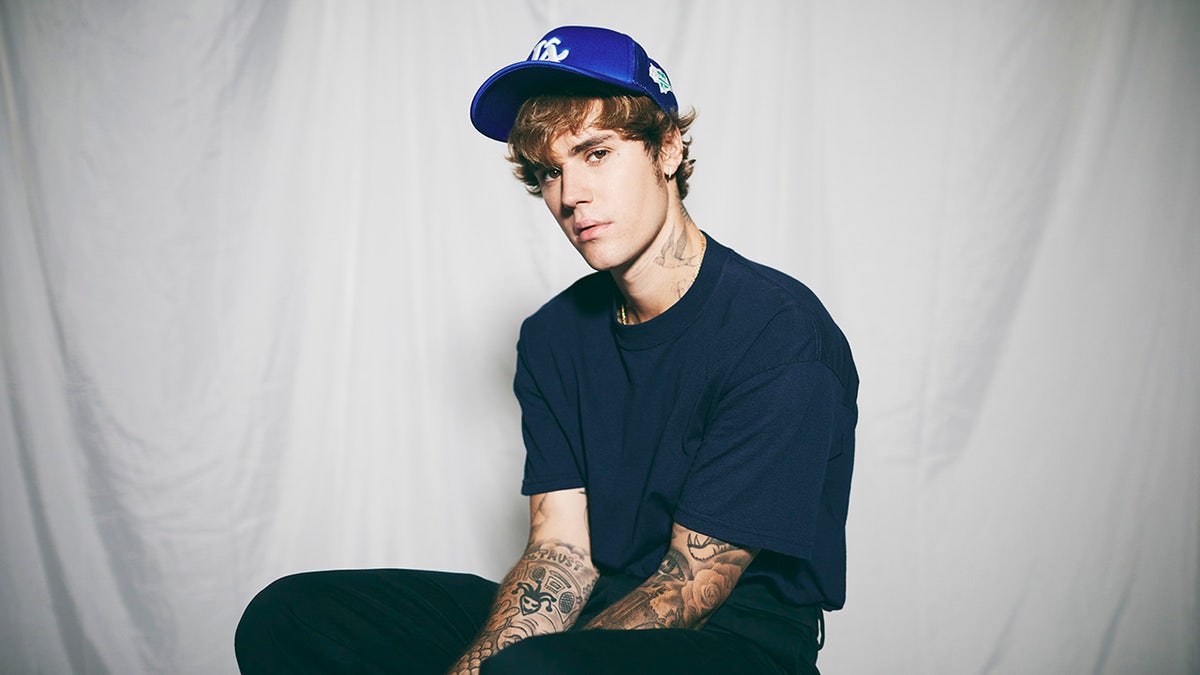
Bieber has not addressed the song or the rumors that it was faked by AI. (Mike Rosenthal/Getty Images)
“These social platforms are going to start to see music-related deepfakes as a very different category of media versus political or other types of deepfakes,” Shahbuddin explained. “And the reason is is that there are labels and sort of organizations that own the licenses to these singers and artists, and that impacts the way that royalty is distributed to these artists. So these singing deepfakes are actually a new class where there’s a significant revenue impact. And I think the platforms like YouTube are going to start to take this far more seriously than non-singing or music-related deepfakes.”
He added, “Imagine if this person who created this deepfake actually submitted it as a song on Spotify and then got thousands of streams. That is money that goes to somebody where they you know that money does not belong to that person.”
“There’s very little that can be done to stop the use of those models. It’s crazy.”
LIKE WHAT YOU’RE READING? CLICK HERE FOR MORE ENTERTAINMENT NEWS
Even with money on the line, Bailer said Bieber isn’t going to bother addressing the deepfake for a few reasons.
“Bieber is not addressing it because he has millions of followers on Instagram, and he even [reportedly] gets paid close to $2 million to do a post on Instagram,” she said. “So if his PR team addressed every unauthorized remake of his music, that would be all that they would be doing. And by the way, he just had a child three months ago, so he’s busy with his family. Him and his PR team, they don’t want to put unwanted attention on people that are trying to harm his brand. And you also could argue, are they harming his brand?”
WATCH: VOICE AUTHENTICATION EXPERTS EXPLAIN WHY AI DEEPFAKES WILL FINANCIALLY IMPACT MUSICIANS
Since Combs’ arrest and charges, Bieber’s past friendship with the disgraced mogul has been under the microscope, along with other celebrities, with fans scrutinizing resurfaced videos of the two interacting.
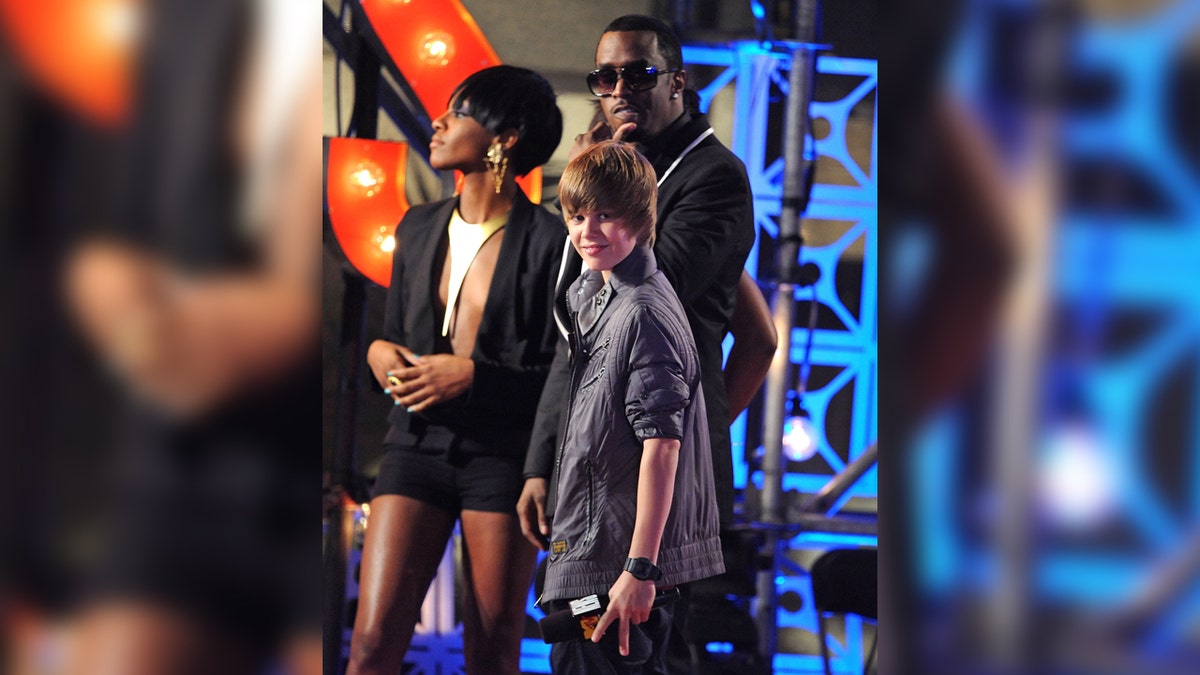
Bieber began his career in 2009 after signing with Usher, and later interacted with Combs. (Getty Images)
But Rosenberg advises people to be cautious with each new piece of media that arises as the allegations against Combs go to trial.
CLICK HERE TO GET
“I actually think we’re going to see a lot more new information come to light, and I think at the same time that’s happening, there’s going to be new disinformation,” he said. “There’s going to be deepfakes, people who are exercising all their creative juices and creating images and video and stories, which is why people are really going to have to scrutinize the things that they see and they find to make sure they’re not just being messed around with.”

/cdn.vox-cdn.com/uploads/chorus_asset/file/25670491/videoframe_3297637.png)





